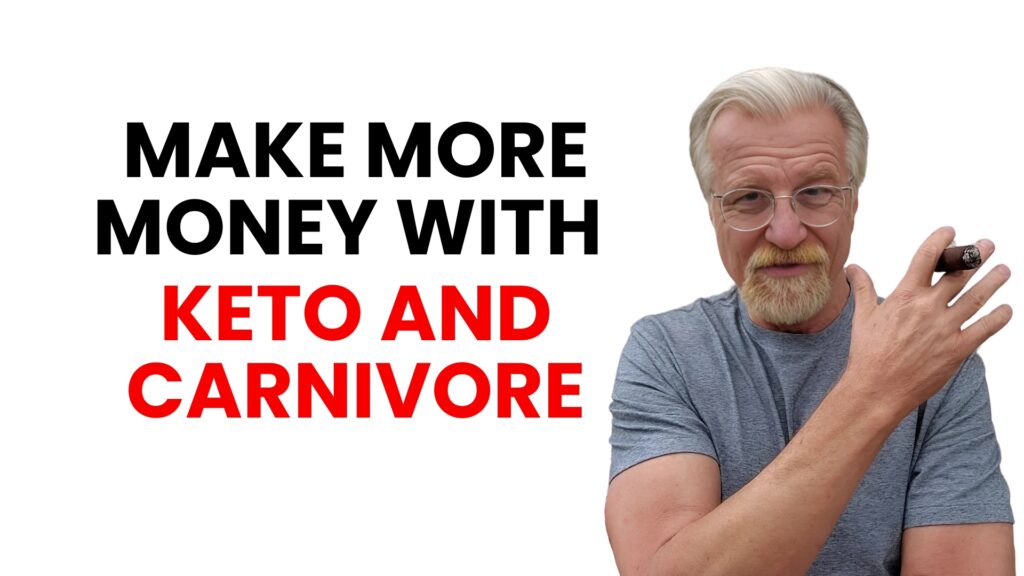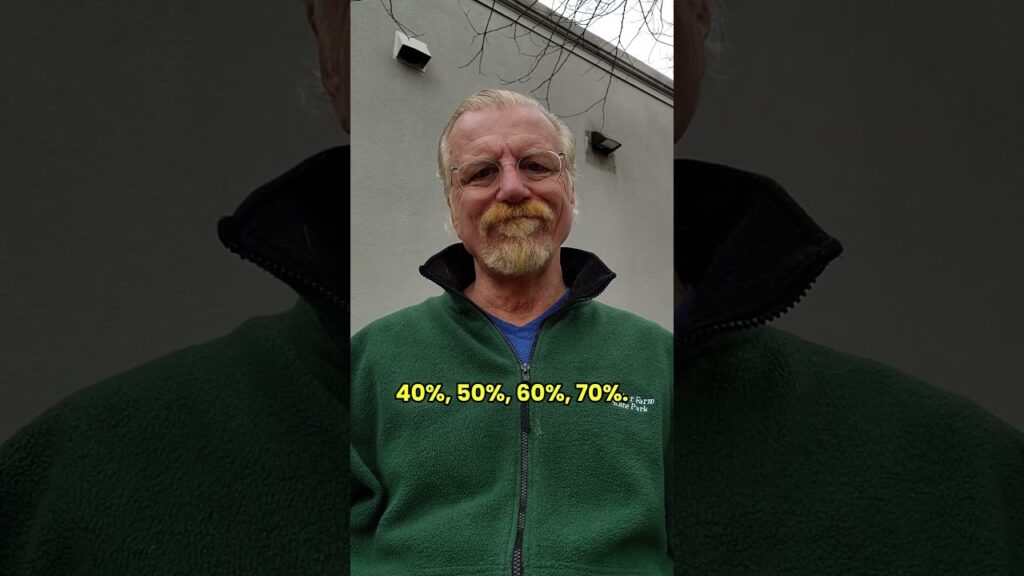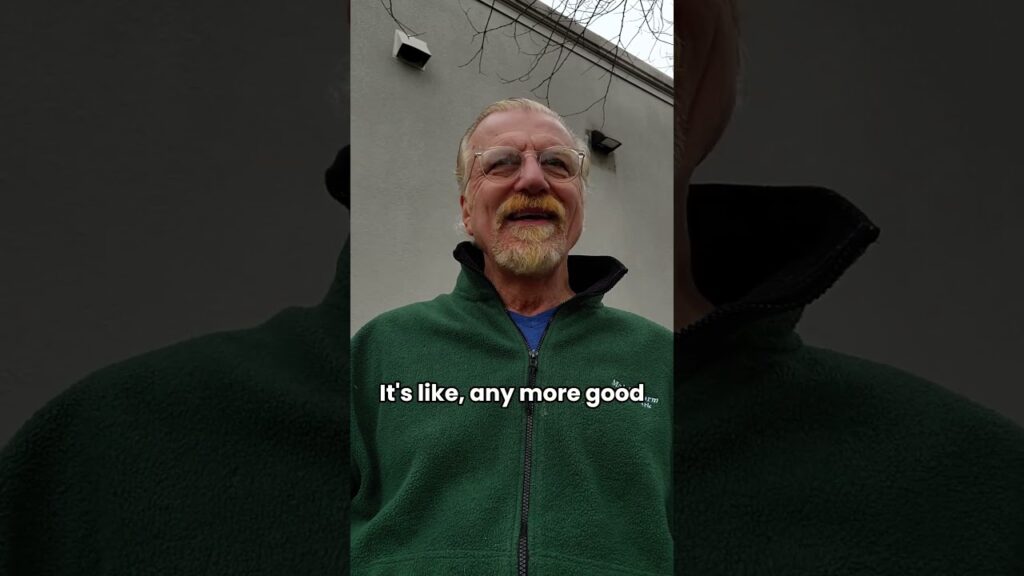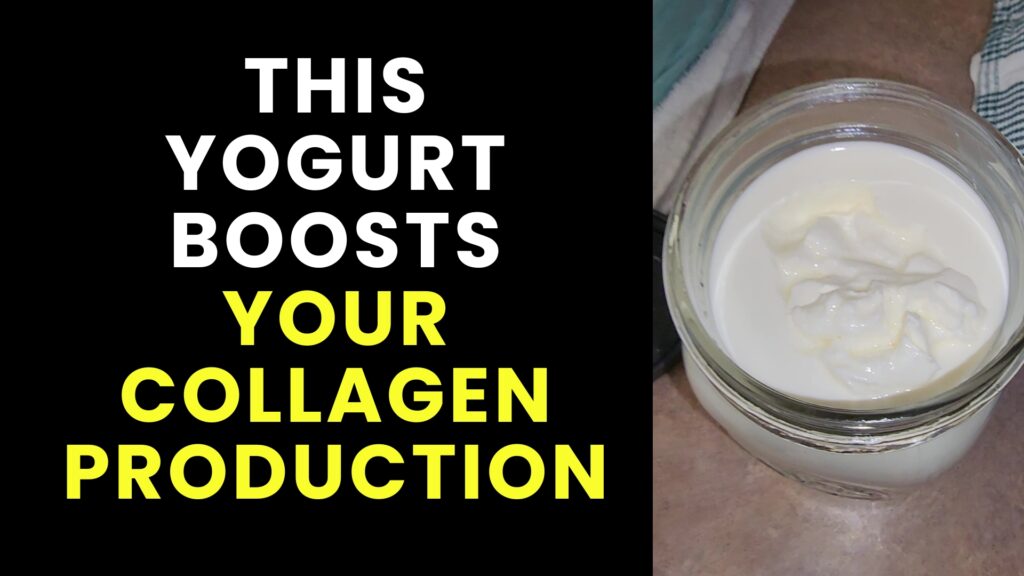Andrew Anderson: Hey there, Andrew Anderson. I have Dr. Gina Pritchard with me again for another 10 minute talk about health, wealth, and happiness. And today we’re going to be talking about ketosis.
Dr. Gina Pritchard: Yes.
Andrew Anderson: And so we’re going to hit the button and we are off. Take it away.
Dr. Gina Pritchard: So I want to talk about what is ketosis and why are we even wanting to accomplish ketosis?
One of the reasons or the way I think about it is and explain it to patients is if you think about it like a tanker truck that carries gasoline to the gas station to put in the pumps there. That truck runs on gasoline, but it can’t, if it starts to get on empty, it can’t tap into what that big long amount of gasoline that it’s carrying. It’s not connected. So, when we’re in a high carb processed food diet, we can’t tap into this huge source of energy burning, of performance enhancing fuel that we have in our body– our fat.
We want to become fat burners. That’s what ketosis does for us. Instead of running off of glucose, carbohydrates, feeling terrible, harming ourselves in terms of our health, we want to be fat burners. The brain loves fat. The heart loves fat. That’s a myth that needs to go away when people think you need to eat low fat.
Andrew Anderson: Right. Okay.
So, basically we’re going to drop all of the grains, wheat, rice, barley, “healthy” oates, any of the other junk that’s out there, corn, all the other carbohydrates, we want to concentrate on meat and fat, and particularly animal fat, not seed oil fats.
Dr. Gina Pritchard: Absolutely, yes. So, I say start with real food meaning meat, and we’ll talk about vegetables and fruit later and what role they play. But yeah, protein and fat is number one. And that’s real food, and it’s not the food, it’s what we’ve done to the food. Like you can have a beautiful piece of chicken and then you just slather it with, you said, bad seed oils, or you fry it in some terrible oil, and you’ve just negated the benefit. But if you focus on prioritizing protein as well as focus on fat, like you just said, then fill in with some vegetables later, if you really want vegetables, and maybe a little bit of fruit at the end, that’s real food.
And you can have the oils that are like avocado oil, or olive oil, but especially fat that comes from animal products like you’re talking about, like lard, even tallow, duck fat. That’s all good for you. Your body is getting the signal. This is real food. This has nutrition in it. I can turn this into something that’s really usable and healthy for this individual.
Andrew Anderson: Okay.
So, what are some of the tricks or tips on how to get into ketosis?
Dr. Gina Pritchard: Yeah. So there’s three, four ways to get into ketosis. And one is to fast or intermittent fasting will help you get into ketosis. We don’t recommend long periods of fasting except for specific purposes, maybe on occasion. And then low carb eating and that carb load is different for everybody in terms of how many carbs to knock you out of ketosis or how low does your carb intake need to be to stay in ketosis.
And the other is exercise. So, that’s why athletes can use more, and men over women, can use more carbs and still stay in ketosis because they’re burning up more. Their metabolic rate is faster and they’re exercising more and they need more energy. So, sometimes they can get away with more carbs. That doesn’t mean they have to have carbs. They can still perform very well. They just need more protein and fat as well. But anyway, you can get into ketosis with exercise, with intermittent fasting, with a low carb lifestyle.
And then you, there’s a little bit of misunderstanding out there that you can just drink external ketones. They have these ketone drinks. There’s more of them coming on the market all the time. And that can play a role in helping you in a ketogenic lifestyle, but it is not the way to get into ketosis. And we can talk about that in more detail later.
Andrew Anderson: Right. Well, Yeah, I’m sure that there may be some good ones out there, but everything I’ve seen, it’s snake oil sales all over again, and not that they don’t have specific uses, but for everyday use to try and take place of you eating sensibly that they don’t go there.
So, I’m going to show a book, and I know you’ve got a book coming out soon which we won’t talk about at the moment, but this was one of the first ones. I don’t know if everybody can see this or not. Let’s see here if we can get this in focus or not. Yeah, it’s a, I’ll read it out. The Art and Science of Low Carbohydrate Living by Dr Jeff Volek and Stephen Day Phinney. And I’ve met, Phinney, and this was written quite a while ago, but they detail the benefits of low carbohydrates and ketosis.
So, why don’t you give us some, so, let’s say on the average Joe or Joette, I’m like 40 pounds overweight. I mean, all you gotta do is go to Walmart and you can pick anybody out there. And I’m not picking on you, you know, I think one of the things is, and this is my opinion, this is not doctor’s, so don’t send her hate mail, but being overweight is a disease. It’s not a mental condition. It’s a physical disease and it leads to so many problems and a lot of times it’s not people’s fault.
So, if they’re listening to this, what can they do to lose the fat so they’re not at risk for cancer and heart disease and liver disease and rheumatoid arthritis and strokes and all the other stuff? What would be a good first step that someone could take in the next week or two to do this?
Dr. Gina Pritchard: First, I would start eating later in the day and stop eating earlier in the evening so that you narrow your eating window. And drink plenty of water, with electrolytes. Again, just like there’s ketone drinks that are full of a bunch of junk, there’s a lot of electrolyte drinks that are full of a lot of junk. You don’t want to put toxins in your body. So, we can talk on another episode about the best way to get electrolytes, but that’ll help you make it through the intermittent fasting period and to lengthen how long you go without eating is to drink plenty of water and electrolytes.
Andrew Anderson: Okay, hold on a second. So, you’re saying skip breakfast. It’s not the most important meal of the day?
Dr. Gina Pritchard: It’s not the most important meal of the day. That’s exactly right. Yeah. And there are some people that wake up hungry or shaky. I would say that’s not the majority, but I’ve had several patients and say, “there’s no way I can keep skip breakfast.” So, we tell them to just move it a little later, and keep moving it a little later. Just first, you know, do other things and eventually they’ll do just fine. Plus, we can make a difference by the night before having them eat more protein and fat before they go to bed.
So anyway, there are some tricks that are helpful by being in groups like what you have here. But I would say that’s the first thing is to start to eat within a 20 hour window. Surely you can do that. That means you’ve just slept four hours and you, that’s the only time you didn’t need. So, then narrow it to 16, narrow it to more than that. I know that you’ve seen a difference in men and women in the amount of time that they can pass. And I don’t know, I haven’t seen that division, but it would make sense, I think, since men have a different metabolic rate in general.
Andrew Anderson: Wait a second, you’re saying men and women are different.
Dr. Gina Pritchard: Men and women are different.
Andrew Anderson: Okay. Thank you. I just, I want to make sure you’re right. I’m just kidding, everybody. Yeah, go ahead.
Dr. Gina Pritchard: That’s the first thing I would do, and you don’t have to make a huge difference. Just 30 minutes later, and then stop eating 30 minutes earlier than your normal, and see if you can continue to chip away at that.
Then the other thing that I would do to get started is for one, get in a group like this.
I suppose if you’re listening to us, you are in this group, but you need information and you need others to support you because during the first. month, I would say, but certainly the first week or two, you can start to feel differently, and it’s not always great in the beginning. Usually, you can very quickly get to better mental focus, and to more energy, but sometimes your sleeping is a little disrupted in the beginning. Remember, this is a big change for your body. You’re going from running off of glucose, running off of sugar, running off of carbohydrates which is not efficient, to switching over where your liver is putting up ketones that gets you into this state called ketosis.
And you’ll feel great eventually, but that whole switch over can affect your sleep. It could give you a little headache. People have probably heard of the keto flu. That’s where these drinks, if it’s a healthy, pure ketone drink, can sort of help you, and electrolytes can help you. There’s a lot of tricks. If you have a little bit of problem with some of these symptoms in the beginning, because once you get past that, and usually it’s very short amount of time that you feel anything like that, it’s like a whole new world in terms of the way that you feel on a daily basis and can perform. Yeah.
So, the next thing is to lower your carb intake, obviously. You can take it totally off the table and just eat meat and fat if you want. There’s nothing wrong with that, but initially, sometimes people have a lot of resistance. So, then we talk about exactly how many vegetables and fruits ’cause that’s really your carbs is vegetables and fruits. We need to throw everything out of the kitchen. Everything that would be in the first few foods.
Speaker: You’ve got, 40 seconds here. Wrap it up. No, actually, 30 now. Go ahead.
Dr. Gina Pritchard: Okay, so I don’t have time to go into all of the benefits, the health benefits of living a keto focused lifestyle, but there are many for your health and for your daily performance and your joy of life.
Andrew Anderson: All right. Cool. Thank you. And that’s a wrap and we’re going to get here under time, the 10 minute health, wealth, and happiness video. Thank you very much. And we’ll wrap it up. We will put the links in. You can go to the prevent clinic, for doc and everything will be down here. Thank you very much and appreciate it. Bye-bye.
Click On This Link For The IQ Marketers Content
Click here to find more of The Longer Crowbar’s Content





